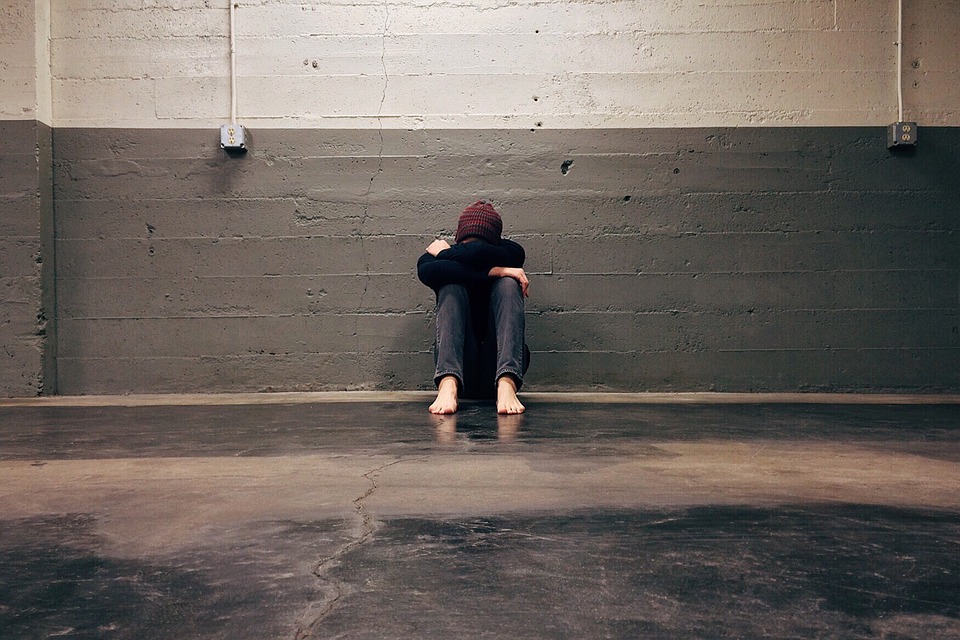Health
Housing for homeless helps prevent winter emergency shelter crises: advocate

Although he agreed Toronto needs to meet this winter’s demand, he said the city must address a larger issue. (Pixabay photo)
Homeless shelter emergencies aren’t happening in other Canadian winter cities because they have focused on getting people into housing, says the head of a national group working to get people off the streets.
Officials in Toronto opened a temporary homeless shelter earlier this month in the face of what Mayor John Tory called relentless cold and an unprecedented demand for additional supports.
“There’s a surge in homelessness for some reason,” said Tim Richter, president of the Canadian Alliance to End Homelessness. “They don’t know what to attribute it all to yet.”
Although he agreed Toronto needs to meet this winter’s demand, he said the city must address a larger issue.
“The worry is it becomes a panic and becomes a focus on shelters,” Richter said. “We have the emergency we’re facing eclipsing the crisis that created the emergency.
“Homelessness is caused by a lack of housing. People become focused on shelters as their response.”
He said cities such as Edmonton, Montreal, Hamilton, Guelph, Ont., and London, Ont., have avoided shelter emergencies this year because they have put efforts into housing the homeless in recent years.
Officials in some of those cities confirmed they’ve had enough beds to cope with increasing demand during recent cold snaps.
“In the deep freeze, we had beds available,” said Matthew Pearce, chief executive officer of the Old Brewery Mission in Montreal. “Before we were over-full … Now there’s no mattresses on the floor. None in the hallways. None in the cafeteria.
“There’s nobody who’s had to sleep on the floor because there’s no beds.”
The change, he said, can be linked to some changes that have made.
“We can’t just continue to provide overnight shelter and meals and showers and change of clothes,” said Pearce. “As critical as those services are, if that’s where we stop, we are aiding and abetting homelessness.”
Homes for about 600 people have been found in the last two years, he said.
“They were the ones we could count on every night being there filling up the beds,” said Pearce. “Now they’re not there. They are in their own apartments.”
Similar programs are in place in Alberta, where several cities and agencies have been working on a 10-year plan to end homelessness.
“We have over a dozen organizations that have housing-first programs,” said Susan McGee, chief executive officer of Homeward Trust in Edmonton. “That housing activity has shown results.”
Nearly 6,000 people have moved into homes in the last seven to eight years, she said.
“We still have a long way to go. We still have people in the shelters,” said McGee, who noted emergency shelters in Edmonton have been able to keep up with the demand so far this winter.
The federal government said it’s keeping an eye on emergency shelters across the country.
“There’s a couple of things that are different in Toronto,” said city MP Adam Vaughan, chairman of an advisory committee on homelessness. “Toronto is a magnet to folks, not just regionally, but across the country and around the world.
“People come to Toronto looking for economic opportunity, but they also stay in Toronto because the services are strong.”
Still, Vaughan agreed that the country’s largest city does need to turn its attention to getting street people into homes.
“What we really ought to be doing is depopulating the shelters with supportive housing, which is cheaper,” said Vaughan. “It’s also more humane and it’s where the homeless want to be.”
He praised progress made in Montreal and Edmonton.
“Quebec’s prevention systems and Alberta’s rapid rehousing focus are probably the two best practices in the country,” he said. “As a result, the two largest jurisdictions outside of Vancouver and Toronto are not experiencing a crisis.”





















